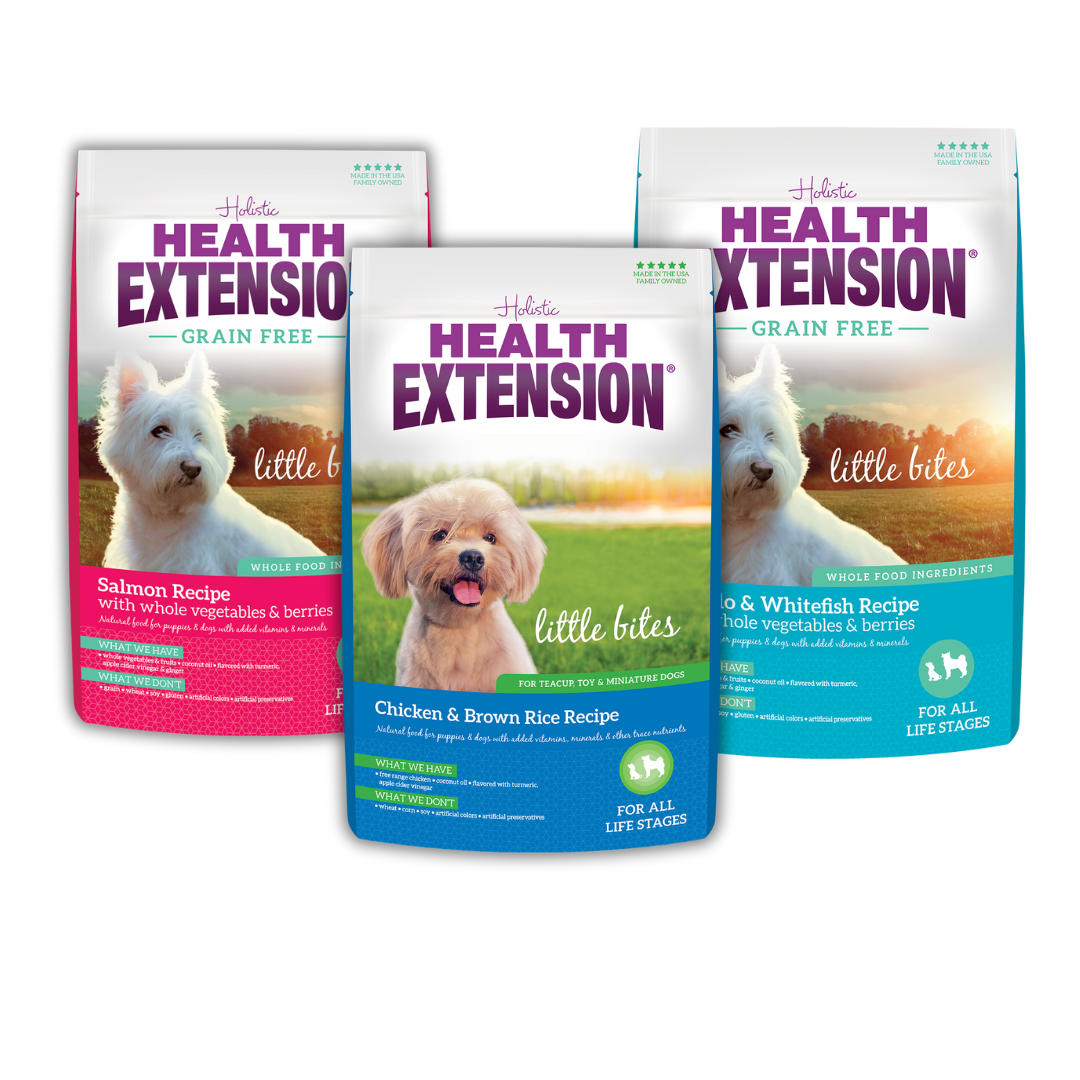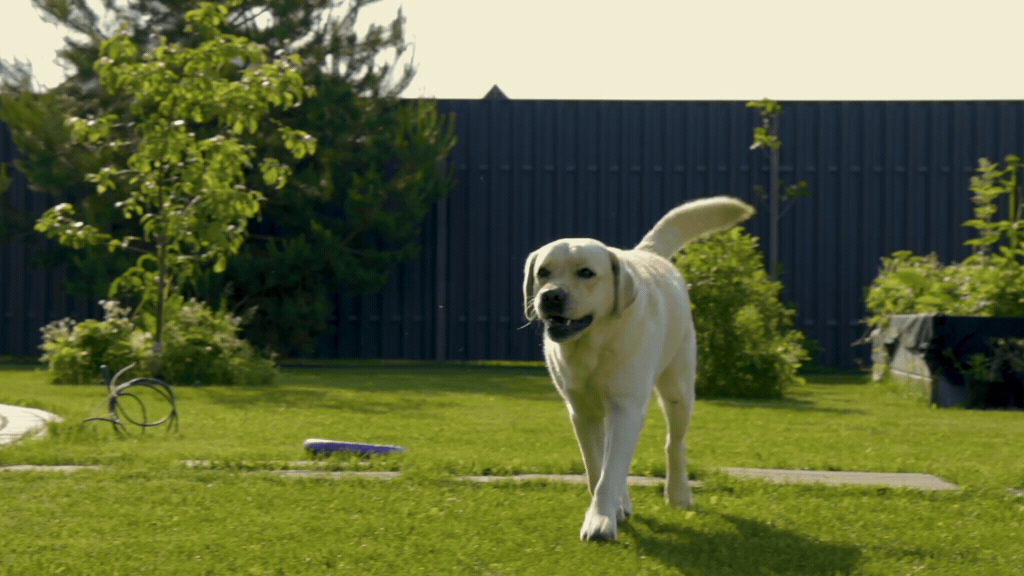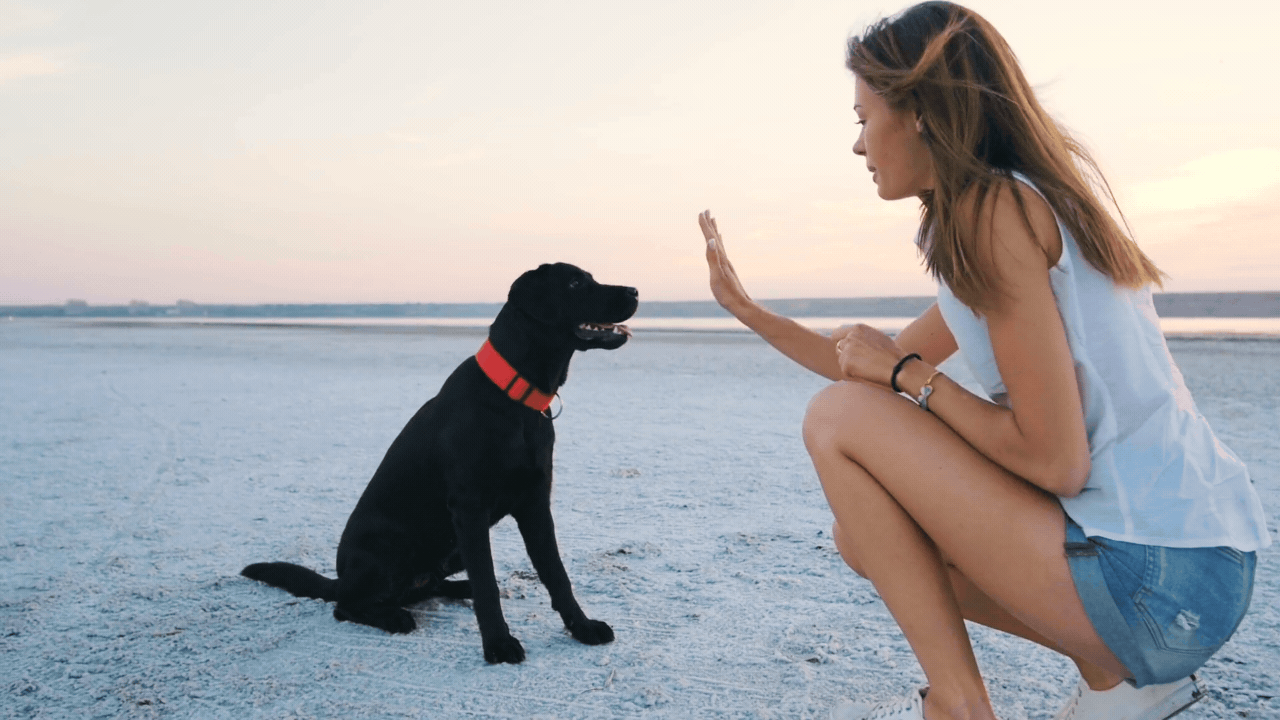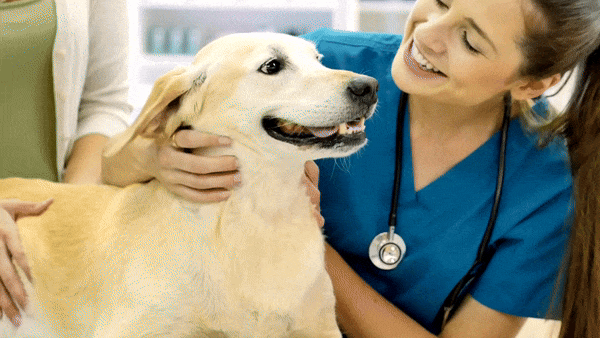Our top tips on supporting joint health!
Ensuring your dog maintains healthy joints is essential for their overall well-being and quality of life. There are many ways that we can help dogs of all ages and sizes get the support they need to have a long pain free life. These tips are especially helpful for breeds more prone to things like hip dysplasia, luxating patella or even arthritis. Whenever possible, most of us don’t want our pups on anti inflammatory drugs every day to help them either. Which is why many pet parents are now seeking out natural homeopathic solutions to keep pets comfortable.
Our goal is to help you help them! Read on to learn some top tips to help support your dog's joint health:
- Maintain a Healthy Weight & Feed a Balanced Diet
- Why It's Important: Excess weight can put additional stress on your dog's joints, leading to discomfort and potential joint issues. A diet rich in essential nutrients helps keep excessive weight off and supports overall health, including joint health.
- How to Achieve It: Feed a balanced diet full of nutritious wholesome ingredients, monitor portion sizes, and ensure regular exercise tailored to your dog's needs.
- Key Nutrients:
- Adequate protein
- Healthy fats
- Essential vitamins and minerals.
- Foods containing joint-supporting ingredients such as turmeric, glucosamine and omega-3s
- Provide Joint Supplements
- Why It's Important: Supplements can provide essential nutrients that support joint health and mobility.
-
Popular Supplements: The best joint supplements for dogs should include all or a combination of the following
- Glucosamine and Chondroitin: Help to rebuild cartilage and maintain joint flexibility.
- Omega-3 Fatty Acids: Reduce inflammation and support overall joint health.
- MSM (Methylsulfonylmethane): Reduces pain and inflammation, supporting joint function.
- Turmeric: Contains curcumin, which has anti-inflammatory properties and reduces pain.
- Green Lipped Mussel: Supports cartilage health and contributes to joint lubrication and flexibility
- Ensure Regular Exercise
- Why It's Important: Despite joint issues, regular, low-impact exercise helps keep joints flexible and muscles strong. Inactivity can accelerate the progression of joint issues. Preventing them from becoming stiff is an important part of their long term comfort. A body in motion stays in motion! Just don’t overdo it!
- Recommended Activities: Walking, swimming, and gentle play. Avoid high-impact activities or large sets of stairs when possible - this may strain the joints, especially for older dogs or breeds prone to joint issues.
- Provide a Comfortable Resting Area
- Why It's Important: A supportive and comfortable bed can relieve pressure on your dog's joints, especially for older dogs.
- Recommendations: Orthopedic beds designed to support joints and alleviate pressure points. Try to avoid them laying directly on cold hard surfaces like a tile floor.
- Regular Vet Check-ups
- Why It's Important: Regular veterinary check-ups can help detect early signs of joint problems and allow for prompt treatment. Additionally, they can help inform you if your pet is structurally more likely to be prone to issues. (Ex: smaller dogs with shorter backs or those that are long and low to the ground are at risk higher risks for IVDD)
- What to Discuss: Any signs of discomfort, limping, or changes in mobility. Your vet can recommend appropriate treatments or lifestyle adjustments. They can often provide general advice on keeping dogs' joints healthy to avoid the onset of early issues as well.
- Massage and Physical or Hydrotherapy Therapy
- Why It's Important: Gentle massage and physical therapy can improve circulation, reduce stiffness, and promote joint flexibility. Hydrotherapy is a low-impact exercise that can strengthen muscles and improve joint mobility without putting stress on the joints
- How to Implement: Learn basic massage techniques or consult a professional pet masseuse or physical therapist. Some rehab places will also offer canine hydrotherapy sessions. If not, try to find a pet-friendly pool.
- Use Joint-Friendly Accessories
- Why It's Important: Reducing the strain on your dog's joints during daily activities can prevent discomfort and injuries.
- Recommended Accessories: Ramps for getting into cars or onto furniture, non-slip mats to prevent slipping on hard floors, and harnesses that reduce strain compared to traditional collars. Ramps are also a great way to help pets safely navigate steps. .
- Monitor and Manage Activity Levels
- Why It's Important: Avoiding excessive strain on the joints, especially for growing puppies and senior dogs, helps maintain joint health.
- How to Manage: Ensure your dog has a balanced activity level with plenty of rest periods, especially after vigorous exercise.
Enhancing your dog's health has never been easier! By incorporating these tips into your dog's daily routine, you can help maintain their joint health, ensuring they stay active and comfortable throughout their life. Remember, each dog is unique, so it's important to tailor these suggestions to fit your dog's specific needs and consult your veterinarian for personalized advice.





